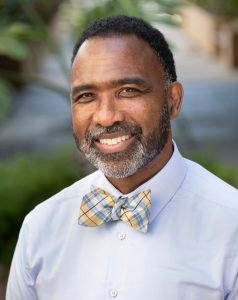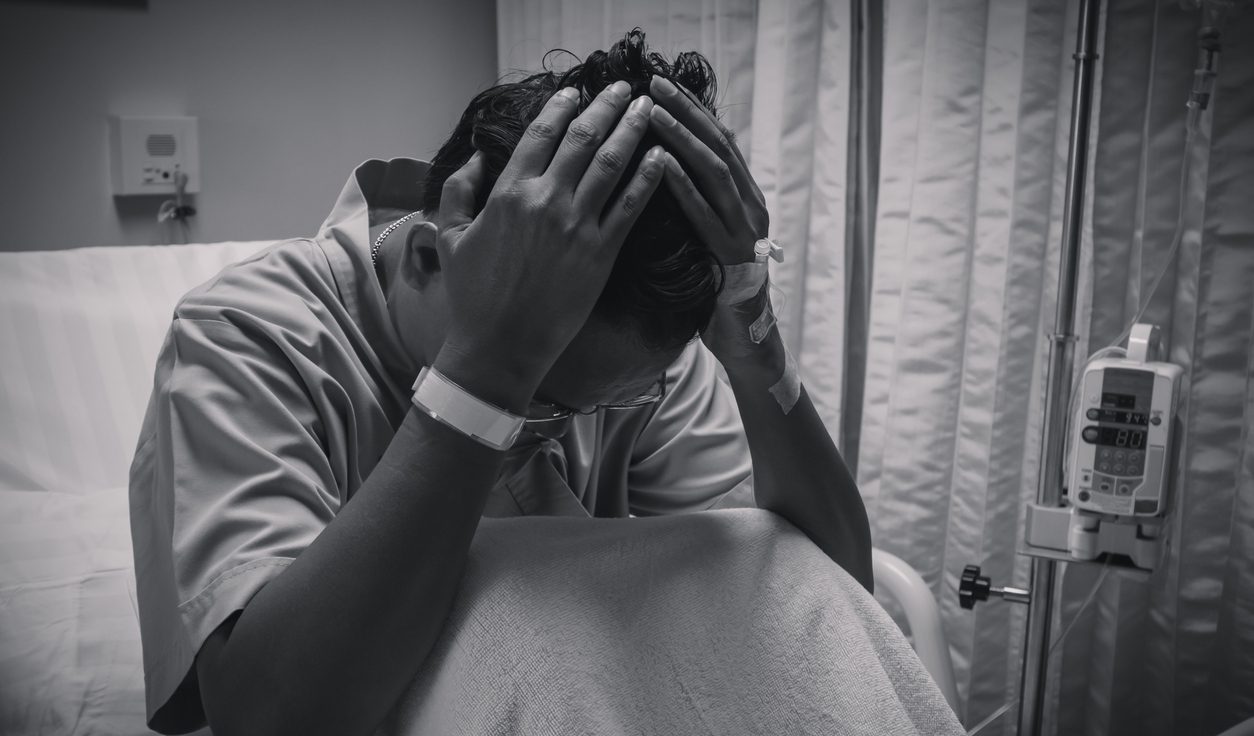By Anita Creamer, Vitals contributor
Celebrated every February for decades, Black History Month has been a time to remember battles won and hurdles overcome. A crucial hurdle remains: Because of traditional disparities in delivery and access to healthcare, stroke continues to have a disproportionate effect on the African American community.

Dr. Brian Richardson, a stroke specialist, says the higher incidence of stroke among Blacks can be reversed.
That’s why Brian C. Richardson, M.D., neurologist and medical director of stroke services at Alta Bates Summit Medical Center in Berkeley, thinks February presents an opportunity to raise awareness of stroke and stroke prevention for Black Americans.
“Stroke can be prevented in Black Americans,” he says. “We need greater access to healthcare and treatment of underlying medical conditions. Getting better access to healthcare and managing risk factors for stroke can mitigate the risk of stroke dramatically for African Americans.”
Statistics are startling. According to the U.S. Department of Health and Human Services’ Office of Minority Health, African Americans are 50 percent more likely to have a stroke — a “brain attack,” in which blood stops bringing oxygen to the brain — than white adults, and Black men are 70 percent more likely to die from stroke.
Along with the higher prevalence of stroke and highest death rate from stroke than any other group, says Dr. Richardson, African Americans are predisposed to a range of underlying conditions that can contribute to stroke, including hypertension, or high blood pressure, hyperlipidemia and diabetes.
“Identifying and treating high blood pressure would have a significant effect in decreasing the prevalence of stroke in Black Americans,” he says. “If we can treat hypertension, we can reduce stroke in the African American community.”
Lowering the diastolic blood pressure (the lower number on the reading) by 5 mmHg can reduce the risk of stroke by up to 35%, he says.
And, in general, living a healthy lifestyle — eating fresh foods, exercising, consuming less salt, not smoking and drinking less — can help prevent up to 80 percent of strokes.
“If people can consume five servings of fruits and vegetables a day, they’ll reduce their stroke risk by 30%,” Dr. Richardson says. “For Black Americans, that means we need to be able to find healthy, fresh food in our neighborhoods. Fast food isn’t the means to good health.”





